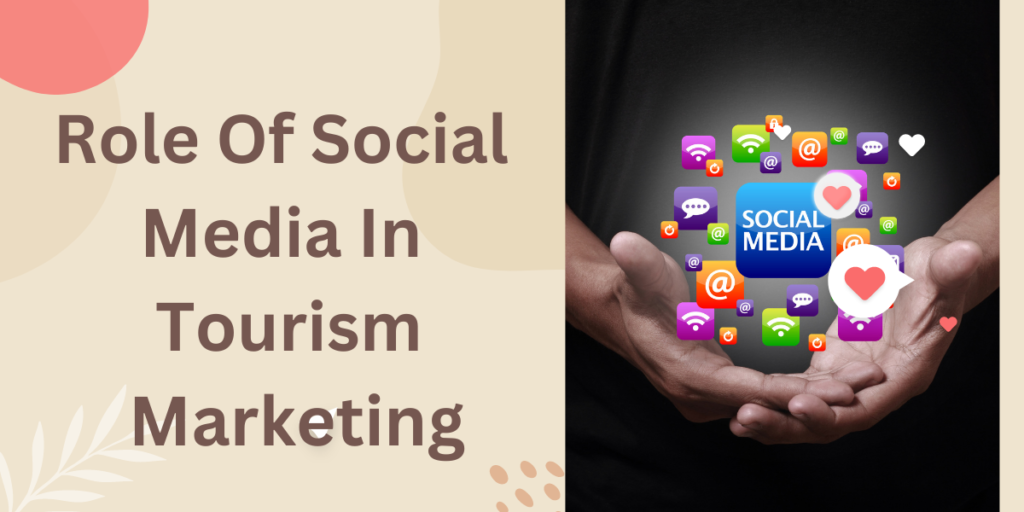The Power of Social Media in Tourism Marketing: A Comprehensive Guide
Meta Description: In this article, we explore the role of social media in tourism marketing and how it has transformed how the industry operates. We will examine the benefits, challenges, and strategies for leveraging social media to drive tourism growth.
In today’s world, social media has become ubiquitous in daily life, affecting how people communicate, consume information, and make purchasing decisions. The tourism industry is no exception to this trend, and social media has transformed how tourism operators market and promote their offerings. In this article, we will explore the role of social media in tourism marketing and how it has revolutionized the industry.
Benefits of Social Media in Tourism Marketing
Social media provides several benefits for tourism marketing. Firstly, operators can reach a global audience and engage with potential customers in real time. This enables tourism operators to establish a more direct and personal relationship with their audience, fostering trust and loyalty.
Secondly, social media platforms offer a cost-effective marketing channel that can significantly increase a tourism operator’s exposure. Role Of Social Media In Tourism Marketing By creating engaging content that resonates with their target audience, tourism operators can leverage the power of social media to drive traffic to their websites and ultimately convert this traffic into sales.
Challenges of Social Media in Tourism Marketing
However, with the benefits come challenges. The most significant challenge is the constant evolution of social media platforms, making it difficult for tourism operators to keep up with the latest trends and changes. Furthermore, the sheer volume of social media platforms can make it challenging for tourism operators to identify the most effective platforms for their marketing strategy.
Another challenge is the potential for negative reviews or feedback to go viral, which can severely damage a tourism operator’s reputation. Tourism operators need to proactively monitor their social media channels and respond to negative feedback quickly and effectively.

Strategies for Leveraging Social Media in Tourism Marketing
To maximize the benefits of social media in tourism marketing, tourism operators need to develop a comprehensive social media marketing strategy. This strategy should include the following elements:
Audience research: Tourism operators must identify their target audience and understand their preferences and behaviours before developing content. This will help them create content that resonates with their audience and drives engagement.
creation: Tourism operators should create engaging content that showcases their offerings and provides value to their audience. This can include photos, videos, blog posts, and infographics.
Platform selection: Tourism operators should identify which social media platforms are most effective for their marketing strategy. This will depend on their target audience, the type of content they create, and their overall marketing goals.
Social media management: Tourism operators should develop a management plan outlining how they will monitor and respond to feedback and negative reviews. They should also have a plan for dealing with crises that may arise on social media.
Analytics and measurement: Finally, tourism operators should measure the effectiveness of their social media marketing strategy through analytics tools. This will enable them to refine their approach and improve their results.
Conclusion
In conclusion, social media has transformed how tourism operators market and promote their offerings. By leveraging the power of social media, tourism operators can reach a global audience, establish a direct relationship with their customers, and increase their exposure and sales. However, to maximize the benefits of social media, tourism operators need to develop a comprehensive social media marketing strategy that considers their target audience, content, platform selection, social media management, and analytics. By doing so, they can successfully navigate the challenges and reap the rewards of social media in tourism marketing.











